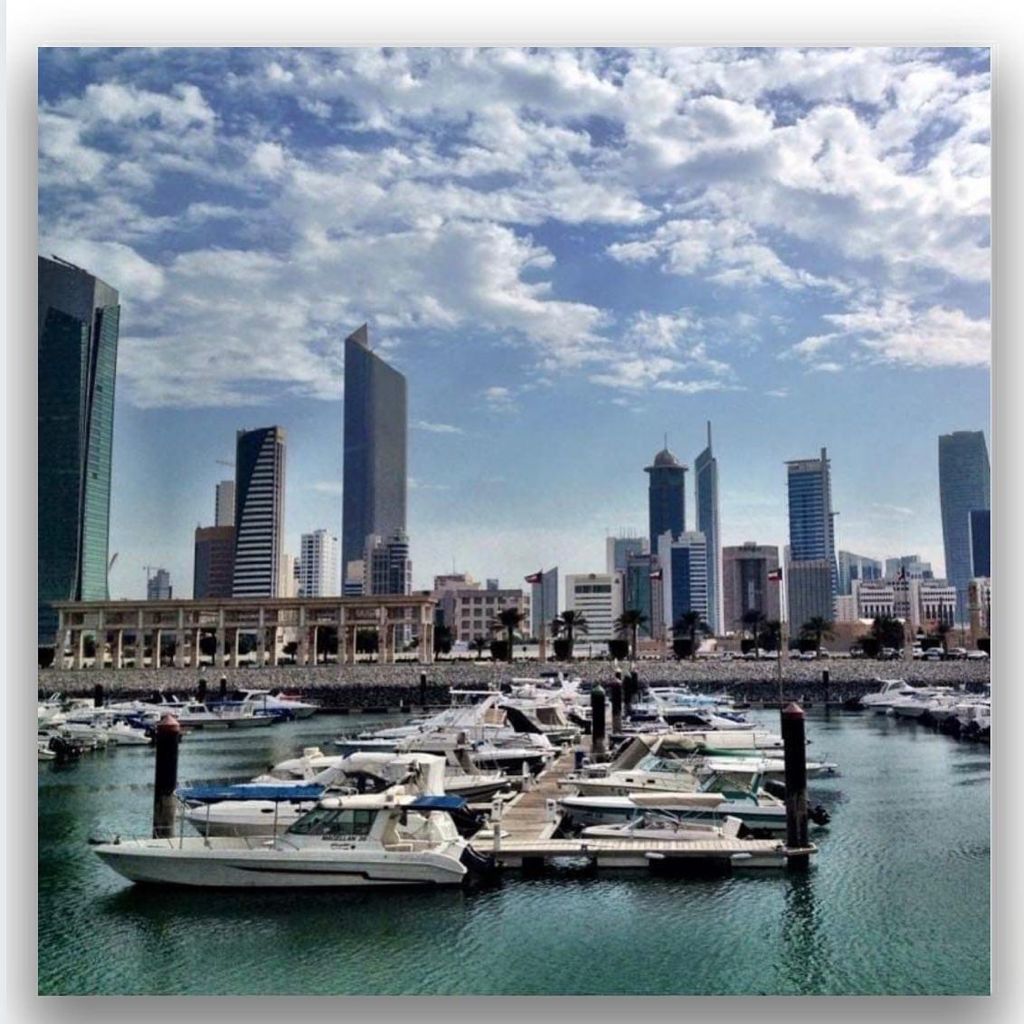Kuwait

KUWAIT
The State of Kuwait is a country located in the northeastern part of the Arabian Peninsula on the shore of the Persian Gulf on an area of 17.8 thousand square meters. km. The capital is Kuwait. The official language is Arabic, English and Persian are also common.
Kuwait is a constitutional monarchy. The head of state is the emir, he appoints the prime minister, has the right to dissolve parliament – the unicameral National Assembly, whose deputies are elected in a general election. There are no political parties. Key ministries are headed by members of the ruling family.
The small country got its name from its capital. The city of Kuwait was founded in the 18th century by a group of Bedouin clans. Occupying an advantageous position on the shores of a natural harbor, it has become a major port and an important trade center. Despite the fact that in general the emirate has always managed to preserve its identity, throughout the history of the state, the Ottoman Empire, Britain, Saudi Arabia, and Iraq have alternately claimed to rule over it.
Population
Kuwait is home to about 4.5 million people. At the same time, the indigenous people – those whose ancestors lived here more than a century ago, make up about a third. The rest of the country’s population is represented by immigrants from other countries. Kuwait is a Muslim country, most of its citizens regularly go to the mosque, however, you can find many different directions in clothing, and among young people, the European style of clothing is popular. 98% of the population is urban. Women here can work freely, rent housing and walk unaccompanied by men. But most gyms and spas are still divided into male and female.
Economy
The backbone of Kuwait’s economy is the oil industry, oil production and refining provide half of the country’s GDP. The remaining share is accounted for by the production of chemical products and fertilizers, the service sector, as well as fishing and seafood production. Due to climatic conditions, lack of soil and fresh water, agriculture has not received significant development, mainly vegetables and dates are grown. The priority is to diversify and reduce dependence on the oil sector.
The main exports are petroleum products (95% of revenues) and fertilizers. Food, construction materials, vehicles, light industry products are imported into the emirate. Main foreign economic partners: Japan, USA, South Korea, India, Taiwan, China, Saudi Arabia, Europe
Transport
You can get to Kuwait through the international capital airport or by sea. The main mode of transport within the country is automobile, public transport is represented by buses and taxis. The length of highways is about 5.7 thousand km, of which almost 5 thousand km have a hard surface.
Interesting
Sports are an important part of Kuwaiti life, with Kuwaitis not only developing traditional sports, but also camel racing or falconry.
There are dozens of nautical clubs in the country, as well as many professional clubs for divers, swimmers, windsurfers, and water skiing enthusiasts.
The national currency is the Kuwaiti dinar.
GMT: +3 hours.


